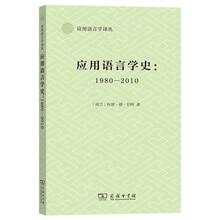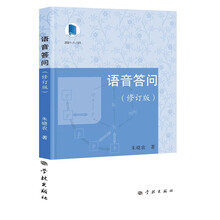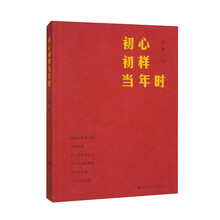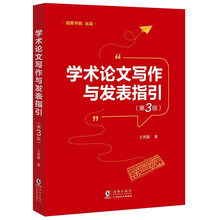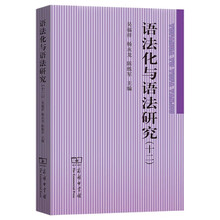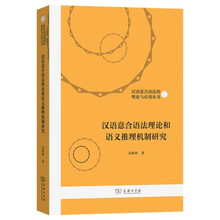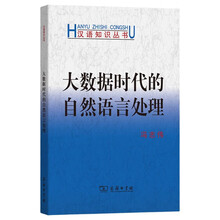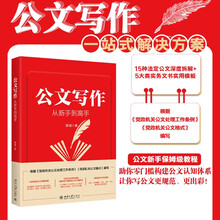I use "convey" because all of this content, both explicit and implicit, can in some sense be attributed to the producer, the speaker in a traditional face-to-face oral exchange.
What is explicitly said, I have argued elsewhere, not only needs context to fill in the value of familiar indexical expressions like English l, you, here, and now. Even such apparently contentful expressions as marriage, have sex, or firt do not have completely determinate conventional content. Such words are given values in part contextually and, in the case of expressions like these, these values are often contested as part of ideological struggles over gender and sexuality. To account for this contextual and ideologically loaded fleshing out of what is said, however, we need to consider first the other aspects of discourse meaning, both implicit content and discourse effects. In this piece I will only hint at what that might involve; McConnell-Ginet (2006, 2008) offer somewhat more detail on the ideological loading of conventional content.
We will start by looking at what is implied as contrasted with what is said. A woman who is dating another woman and does not want to be "out" as not exclusively heterosexual to someone interested in her romantic life can exploit gender and sexual ideologies to answer questions like that asked by one concerned mother, "Are you dating again, sweetie, since you broke off with Michael?" The young woman may answer, "I'm OK, mom, but I'm not dating any other man at the moment." Her answer literally only says that she is not dating a man at present. What she says is true in these circumstances, but it undoubtedly can be used to imply, falsely, that she is not dating at all. She can count on her mother's failing to consider the possibility that she is now dating a woman. After all, heterosexual presumptions are still widespread, especially among older people. The daughter in this scenario is quite conscious of the false implication, even though she might point to the literal truth of what she said if her mother later finds out that she was misled. And as AC Liang (1999) noted in the discussion that inspires my scenario, the very same words can be used to "come out" to someone who is attuned to same-sex desire, perhaps someone one knows is overhearing the phone conversation and whom the daughter thinks may herself be lesbian. Different ideologies, different implicatures possible.
……
展开


